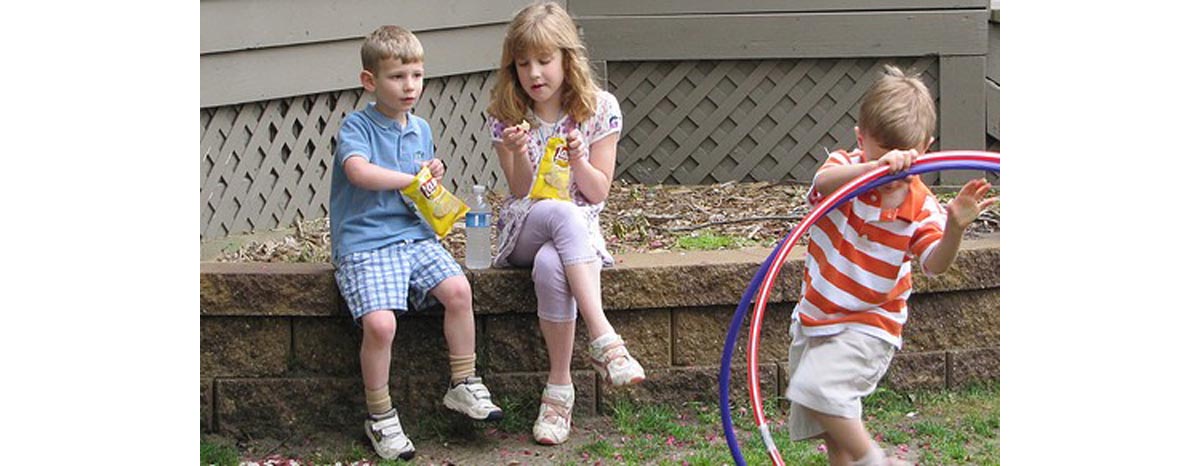Table of Contents
Anorexia nervosa, a pathological aversion to food, and bulimia, a need to stuff oneself with food, have the highest mortality rates of any psychiatric condition. Up to 1 in 10 people who develops anorexia or bulimia eventually dies the disease. This figure does not even take into account that large number of anorexics and bulimics who die of health conditions secondary to their eating disorders, or the indirect killers.

The most common picture of anorexia or bulimia is a young adult, usually a young woman, or a teenage girl, who feels pressured to live up to ideas about beauty and fatness, or who seeks to control some aspects of their life when so much is beyond their control. But the sad reality is that anorexia and bulimia can even occur in infants and toddlers, although for entirely different reasons.
A Heart-Breaking, and Heart-Based, Condition in Infants and Toddlers
In trying to unravel the mystery of anorexia in infants, psychiatric researchers at the (US) Children's National Medical Center in Washington, D.C., measured the heart rates of healthy and anorexic infants in the presence of their mothers. The researchers found that when healthy infants were separated from their mothers, their heart rates, as one might imagine, went up and became more irregular — indicating the presence of stress. When anorexic infants were separated from their mothers, however, their heart rates went down and became more regular.
When the same researchers measured heart rates in toddlers who were introduced to a stranger, or who were placed on the opposite of the room while their mothers spoke with a stranger, they noted similarly unexpected changes in heart rate. Healthy toddlers showed symptoms of excitement when introduced to a stranger; anorexic toddlers showed few reactions at all. Competing with a stranger for the mother's attention similarly resulted in few changes in the anorexic child's heartbeat. It was as if anorexic children simply could not adapt to their changing social realities as they got less and less of the mother's attention.
Anorexia in Toddlers: Not Necessarily a Psychological Condition
Although anorexia in infants in toddlers and infants has been studied in terms of bonding with the mother, this does not mean that it is necessarily a psychological condition, and it certainly does not mean that it is in any way the mother's fault. Parents don't cause anorexia or bulimia, and children don't choose to develop these conditions, either. Anorexia is considered to be a physiological condition, caused by the "wiring" of the child's nervous system.
Infants, of course, do not develop bulimia, since they can't binge on food unless parents force-feed them. And even later in childhood, anorexia is a far greater problem than bulimia, although parents may not recognize it.
- Chatoor I, Ganiban J, Surles J, Doussard-Roosevelt J. Physiological regulation and infantile anorexia: a pilot study. J Am Acad Child Adolesc Psychiatry. 2004 Aug. 43(8):1019-25.
- Sutoh C, Nakazato M, Matsuzawa D, Tsuru K, Niitsu T, Iyo M, Shimizu E. Changes in self-regulation-related prefrontal activities in eating disorders: a near infrared spectroscopy study.PLoS One. 2013. 8(3):e59324. doi: 10.1371/journal.pone.0059324. Epub 2013 Mar 19.
- Photo courtesy of clarkstonscamp on Flickr: www.flickr.com/photos/clarkstonscamp/4578444210


Your thoughts on this